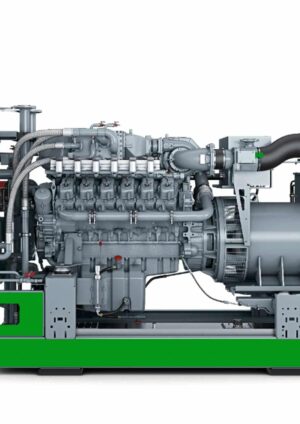Sweden to produce Europe's first commercial green steel –
Sweden is leading the race to decarbonise steel production with the building of a new green steel-making plant. Steel is one of the world’s dirtiest industries, responsible for more than seven per cent of global CO2 emissions and 25 per cent of Europe’s industrial CO2 emissions. Decarbonisation of the industry is a must and disruptive technology will be the key enabler. H2 Green Steel’s new plant just outside Boden, 900 km north of Stockholm, is taking on decarbonisation on an industrial scale, working with customers and partners to show that...




